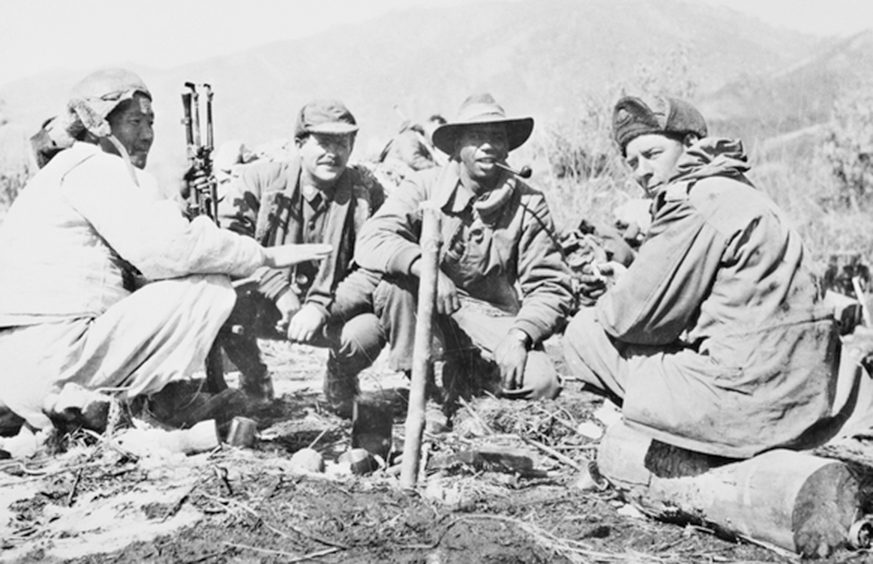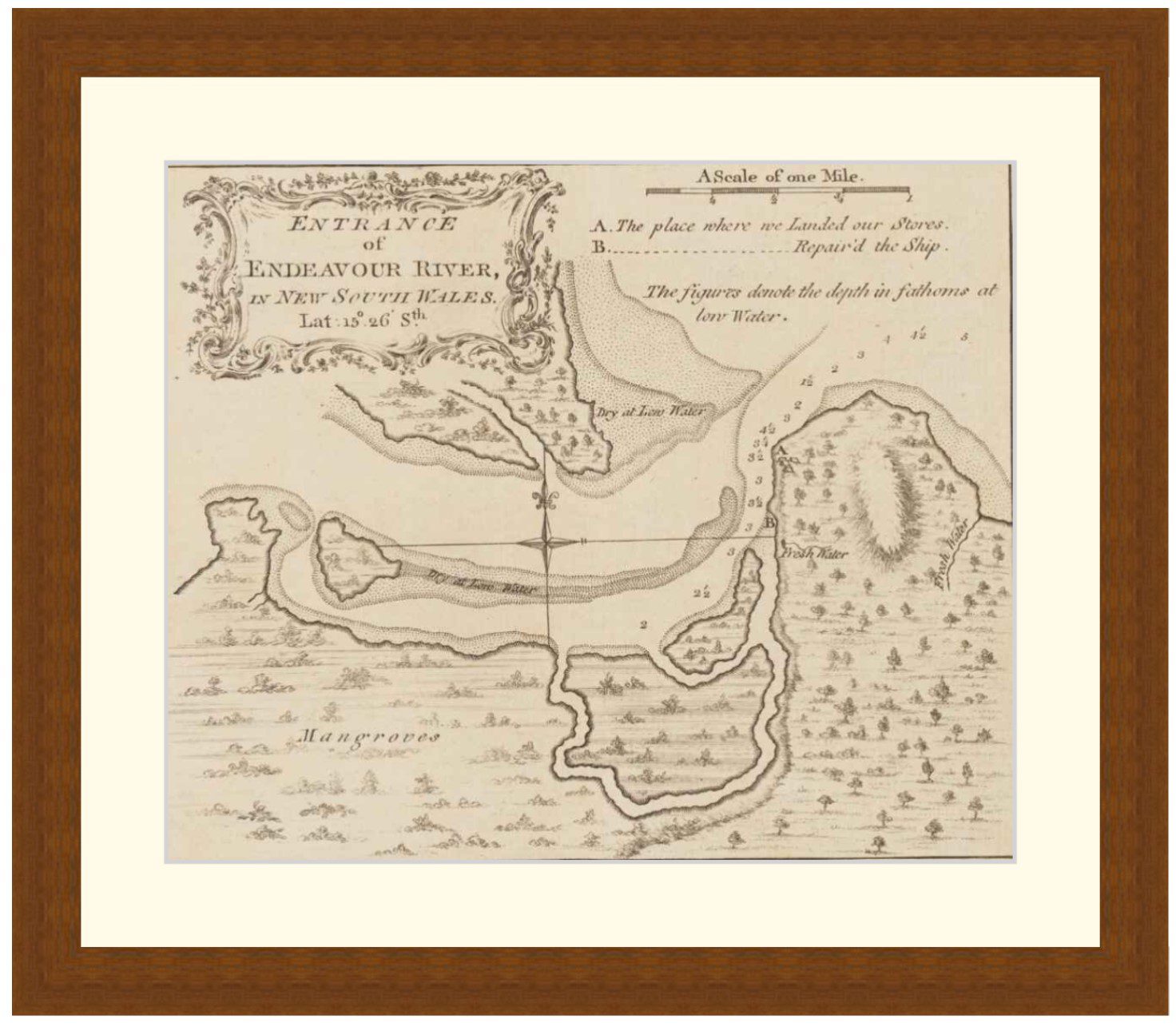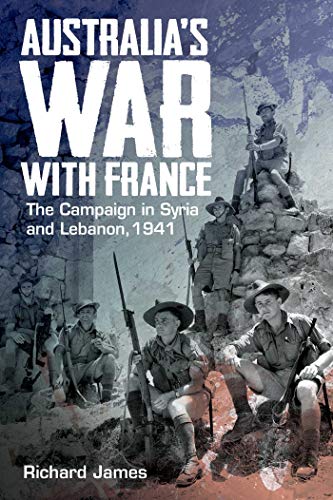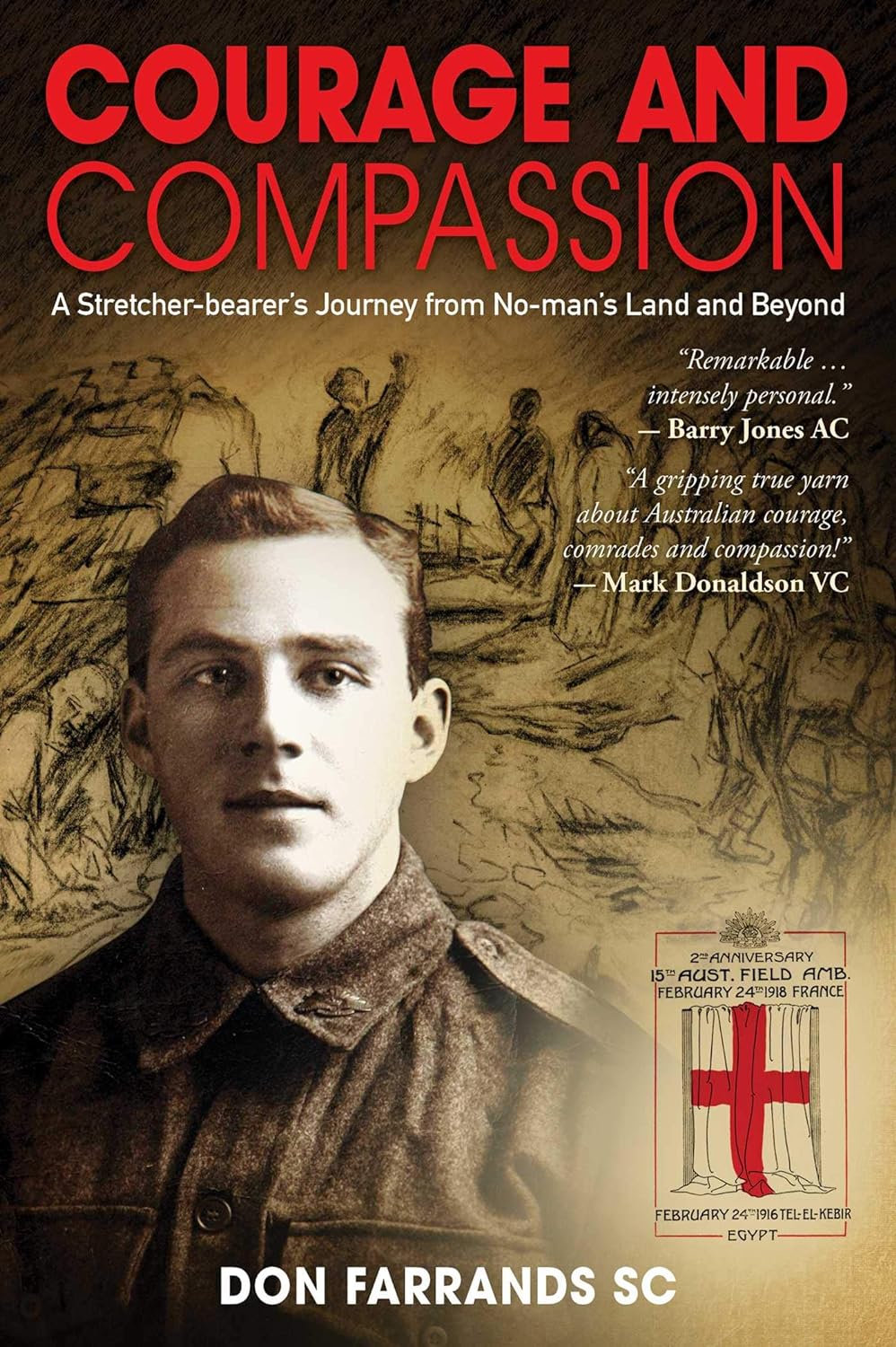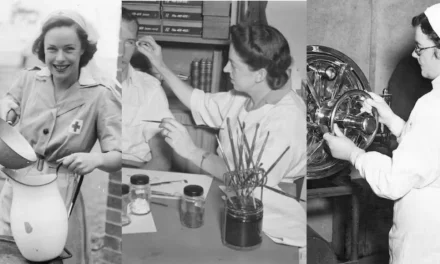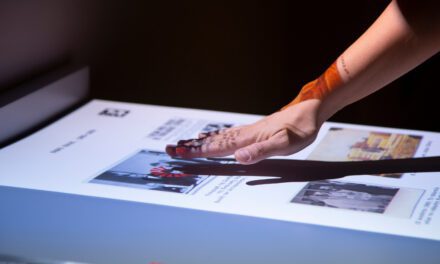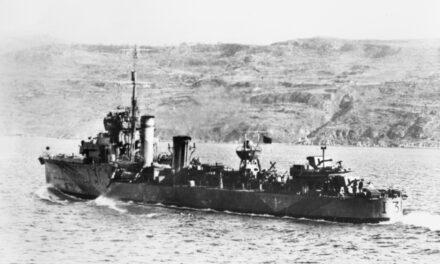This podcast episode is by Warwick O’Neill from the Australian Military History podcast, which has an excellent range of podcast episodes covering a wide range of the experiences of Australians under arms.
Coming from a long line of Indigenous servicemen, going all the way back to the Boer War, Reg Saunders joined the Second AIF in 1940. He would see action in Greece, avoid capture for eleven months on the island of Crete, and fight his way through the Salamaua Campaign. Along the way, he would be come the first aboriginal soldier to received a battlefield commission.
When the Korean War broke out, Reg once again volunteered to fight. He would lead his company during the ferocious fighting at Kapyong as well as other hard fought battles.
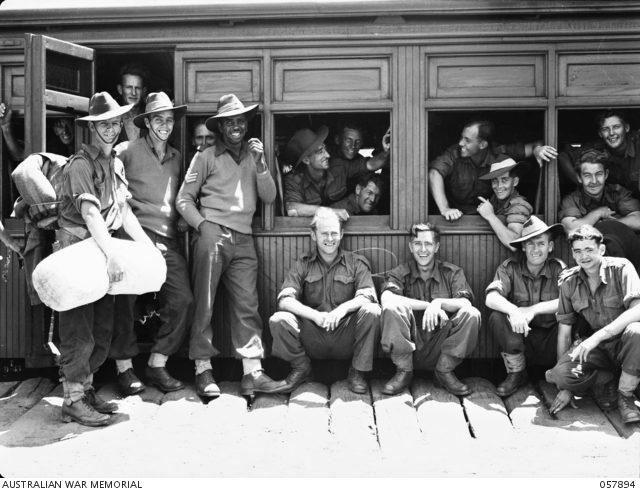
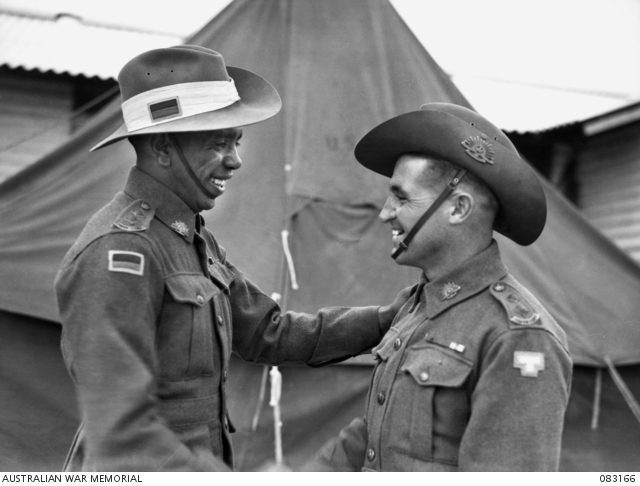
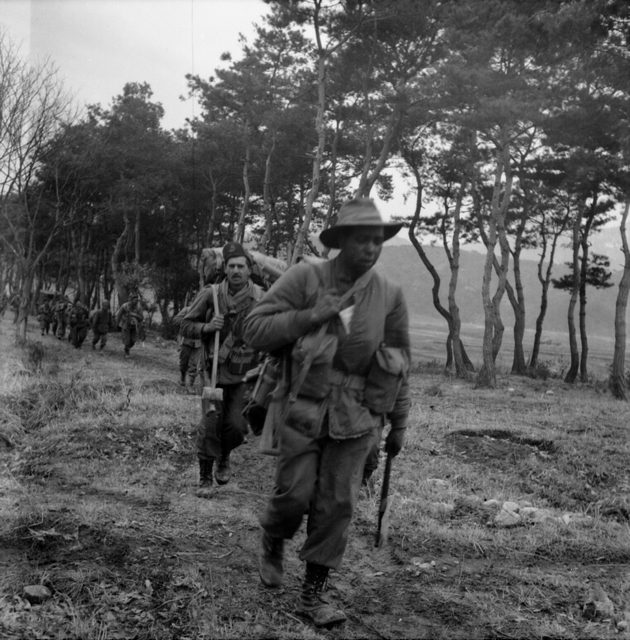
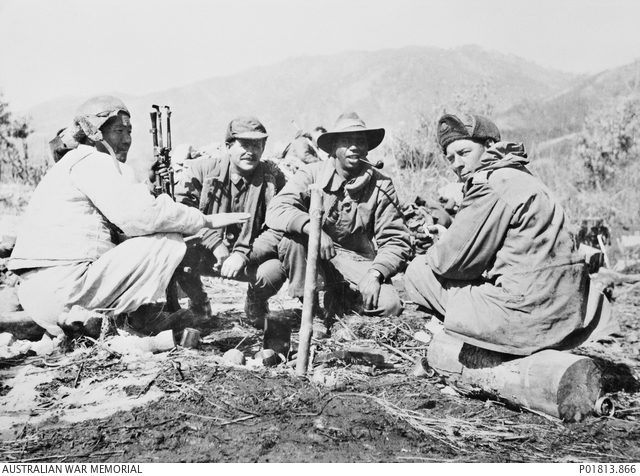
Articles you may also like
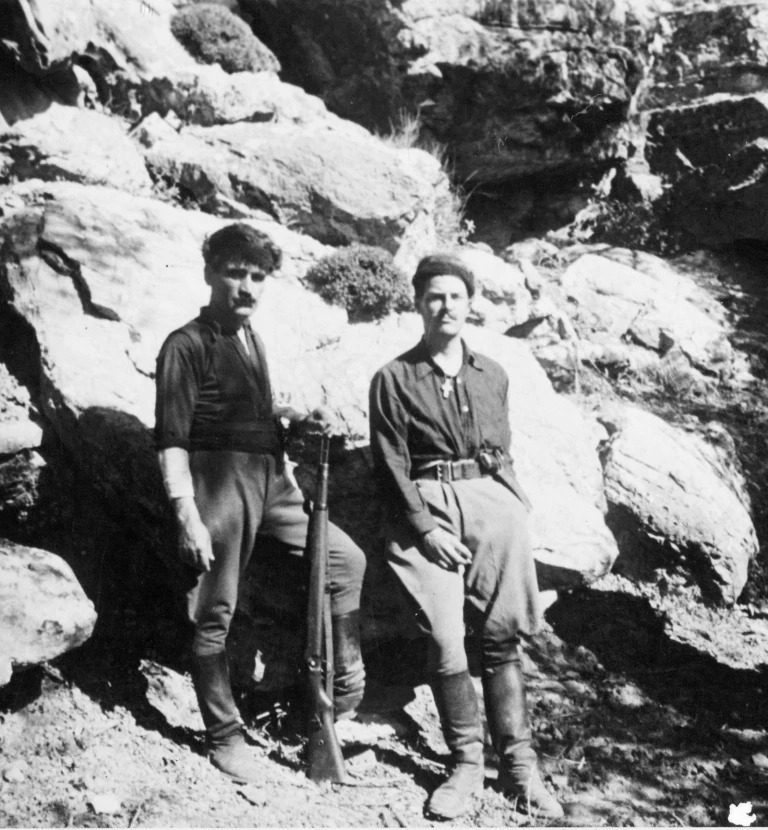
Cretan Resistance During WWII
Reading time: 8 minutes
One of the more impressive feats of arms during the second World War was the way in which the people of Crete fought a guerrilla campaign against the German occupation force. With help from the allies, the Cretans — men, women and even children — fought a brutal and bloody campaign against the invader. In this article, we look at what happened through the eyes of some of the people who participated, Cretan, British and Australian.
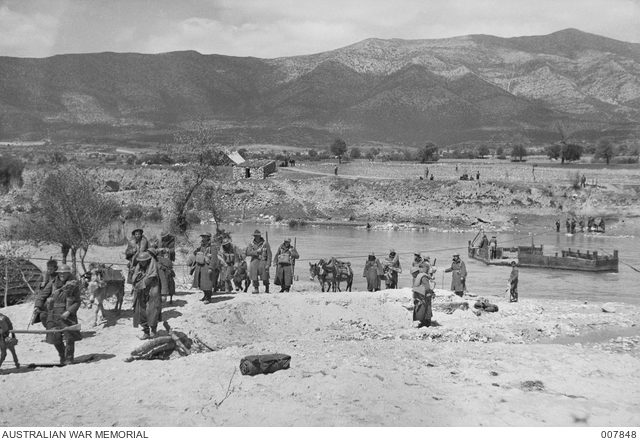
The Battle of Greece – Australia’s Textbook Rear-Guard Action
Retreat doesn’t always mean defeat, sometimes it can be a victory to withdraw in good order and deny your enemy a total victory. This is was the outcome for the allied forces in Greece during April 1941, thanks in part to textbook rear-guard actions fought by Australian units, which allowed 50,732 men to escape the grasp of the advancing superior Axis force. But why were Australian units involved in Greece in the first place?
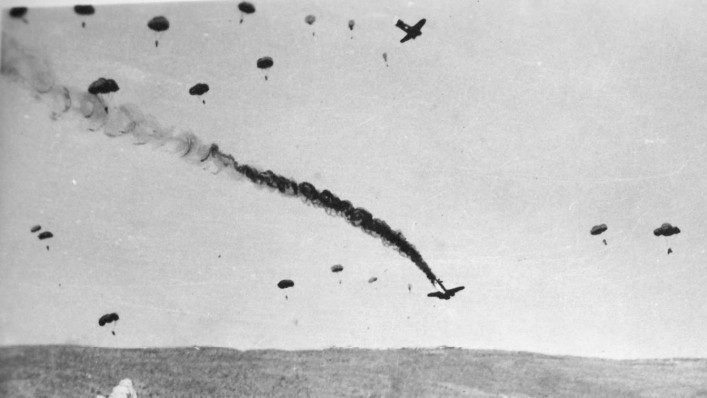
Battle of 42nd Street – Anzacs Proving Germany Could be Beaten
Morale can make all the difference on the battlefield. On the 27th May 1941, with the Greek island of Crete close to loss and the Allies in full retreat, a 12 minute moment of madness by Australian and New Zealand troops proved that aggression and bravery could overcome Germany’s elite troops. By Richard Shrubb. Background […]
The text of this article was commissioned by History Guild as part of our work to improve historical literacy. If you would like to reproduce it please get in touch via this form.

